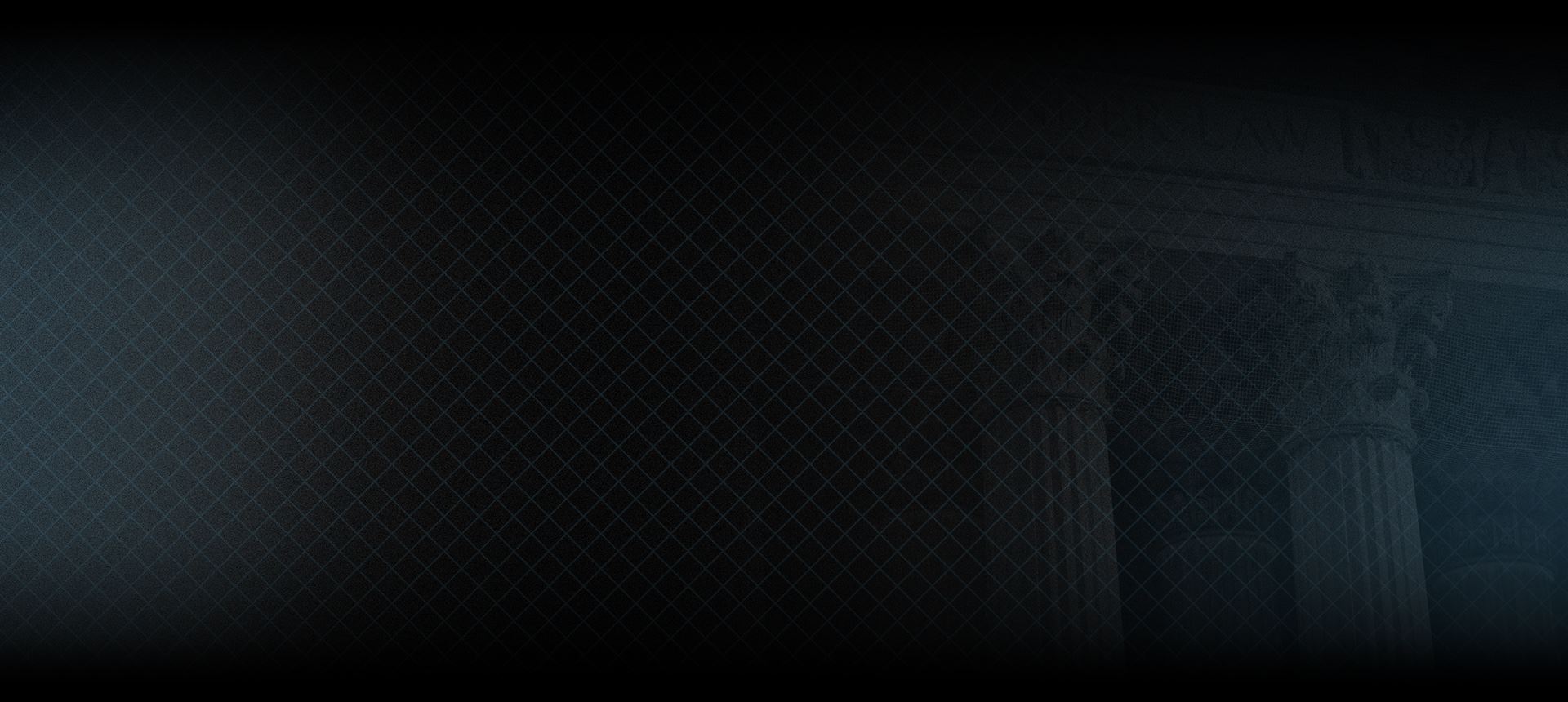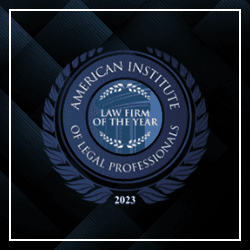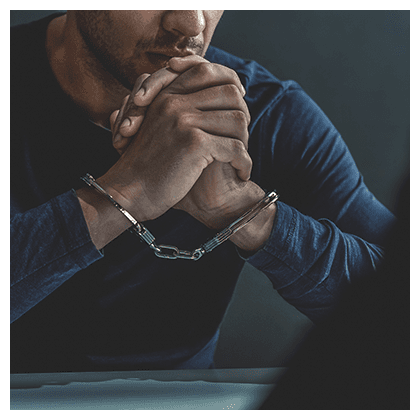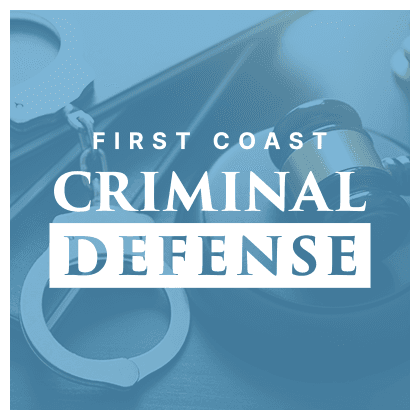
Jacksonville Probation Violation Attorneys
Dedicated Representation in Duval, Clay, & Nassau Counties
Testimonials | Contact Us | Give Us a Call
Violations of probation in the state of Florida occur when a criminal defendant willfully and substantially breaks the conditions set forth in the probation sentence. At First Coast Criminal Defense, our experienced Jacksonville probation violation lawyers have defended hundreds of clients in probation violation hearings, and we can represent you in court to seek a favorable outcome.
Call us at (904) 474-3115 today for a free consultation with our Jacksonville probation violation attorneys.
Violation of Probation Florida
Penalties for probation violations in Florida can be severe. Once probation is revoked, the court may impose the maximum statutory sentence for the original offense. With the knowledgeable and compassionate help of Jacksonville probation violation lawyers from First Coast Criminal Defense, you can get the legal representation you need to understand your options and fight for a positive solution.
Violations of probation may involve:
- Positive drug tests
- Failure to meet with probation officer
- Law violations or new offenses
- Failure to pay required financial obligations
Understanding Florida Probation Laws
In order for a court to find a defendant guilty of violating probation, it must prove that the defendant willfully and substantially violated the terms of the probationary contract. If the violating actions were done out of mental illness, ineptitude, or negligence, the actions in themselves cannot prove that the defendant willfully broke the contract. Our Jacksonville probation violation attorneys have a passion for defending clients’ rights in court and can use their extensive experience to aggressively represent you in probation violation hearings.
The proceedings begin when a supervising officer files an Affidavit of Violation with the court or a Department of Corrections Violation Report in a felony case. Once the necessary documents are filed, the court will review the officer’s allegations, determine if reasonable grounds for the complaint exist, and issue a warrant for the defendant’s arrest, often on a “no bond” status. The court will then arraign the defendant and schedule a hearing, so the prosecution may present evidence to prove that the defendant willfully and substantially violated the terms of probation.
Types of Probation Violations in Florida
When on probation, there are a significant number of rules that must be followed to a tee. Because of this, many individuals accidentally or unavoidably violate their probation. There are two types of violations with very different circumstances.
Technical Violations
This type of violation occurs when a condition of probation is broken, such as:
- Failure to Report to Probation Officer: One of the most common violations is when a probationer fails to report to their probation officer as required. This could include missing scheduled appointments or failing to respond to attempts by the probation officer to contact them.
- Failure to Pay Fines or Restitution: Probation often includes requirements to pay fines, court costs, or restitution to victims. A violation occurs if the probationer fails to make these payments as ordered by the court.
- Positive Drug or Alcohol Tests: If a probationer is ordered to abstain from drug or alcohol use as a condition of probation and they test positive for prohibited substances during a drug test, it constitutes a violation.
- Committing New Crimes: Any new criminal activity committed by the probationer while on probation is a violation. This includes misdemeanors, felonies, or even violations of municipal ordinances.
- Failure to Complete Court-Ordered Programs: Probationers may be required to complete various programs such as substance abuse treatment, anger management classes, or community service. Failing to complete these programs as ordered constitutes a violation.
- Failure to Maintain Employment or Education: Some probation orders require the probationer to maintain employment or pursue education. Failing to do so without valid reasons could lead to a violation.
- Failure to Comply with Travel Restrictions: Probationers may be restricted from traveling outside certain geographic areas without permission from their probation officer. Violating these travel restrictions constitutes a violation.
- Associating with Known Criminals: If a probationer associates with individuals involved in criminal activity or violates specific no-contact orders, it can lead to a violation.
- Failure to Maintain Contact Information: Probationers are usually required to keep their contact information updated with their probation officer. Failure to do so can result in a violation.
- Violation of Special Conditions: Some probation orders may include specific conditions tailored to the individual's circumstances, such as attending counseling, performing community service, or completing specific tasks. Violating any of these special conditions constitutes a violation.
Hundreds of thousands of people are found guilty of these violations each year, putting them at risk of going back to jail for a relatively minor offense. While these are seemingly minor violations, they can still result in serious changes to one’s probation status.
It’s also easy to accidentally violate your probation in one of these ways. If a simple mistake led you to be charged with violating your probation, a Jacksonville probation violation lawyer can help explain this to the court and advocate for understanding and leniency.
Substantive Violations
This type of violation is more serious. A substantive violation occurs when the individual on probation commits a new crime. For example, getting a DUI while on probation. This type of violation can result in a probation violation charge and a charge for the new offense.
Can a Probation Violation be Dismissed?
In Florida, a probation violation can potentially be dismissed under certain circumstances, typically involving procedural or substantive errors in the handling of the violation. Here are some common scenarios where a probation violation might be dismissed:
- Lack of Sufficient Evidence: If the evidence presented by the probation officer or prosecutor is insufficient to prove that a violation occurred, the court may dismiss the violation. This could include situations where the alleged violation was based on hearsay or unsupported allegations.
- Procedural Errors: If there were procedural errors in the handling of the violation, such as failure to properly notify the probationer of the violation or failure to provide them with an opportunity to be heard in court, the violation may be dismissed.
- Exculpatory Evidence: If new evidence comes to light that shows the probationer did not actually violate the terms of their probation, the violation may be dismissed. This could include evidence of mistaken identity or alibi evidence proving the probationer was elsewhere at the time of the alleged violation.
- Substantial Compliance: In some cases, the probationer may have technically violated a condition of their probation but may have substantially complied with the terms overall. If the court determines that the violation was minor and the probationer has otherwise been compliant, they may choose to dismiss the violation.
- Successful Completion of Sanctions: If the probationer has already completed the sanctions imposed for the violation, such as community service or counseling, the court may choose to dismiss the violation.
















